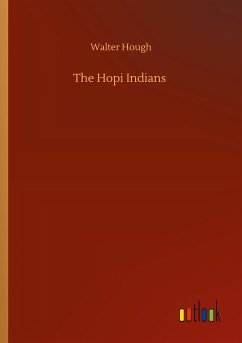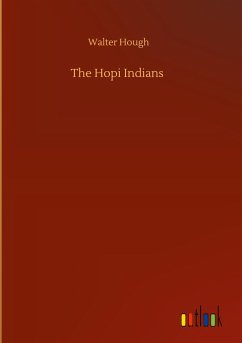In "The Hopi Indians," Walter Hough meticulously explores the rich tapestry of Hopi culture and their unique position within Native American history. Hough employs a detailed ethnographic lens, weaving together personal observations, historical accounts, and the larger sociocultural dynamics of the American Southwest. The book is characterized by its vivid descriptions and analytical insights, transporting readers into the heart of Hopi traditions, ceremonies, and social structures, all while framing these within the broader context of American indigenous struggles and adaptations. Hough's writing not only reflects a deep appreciation for Hopi identity but also serves as a poignant critique of the systemic challenges faced by Native American populations. Walter Hough was a pioneering figure in the field of anthropology, whose extensive travels and academic background in natural history and ethnology profoundly influenced his research. His tenure at the Smithsonian Institution provided him with a unique perspective on indigenous cultures, allowing him to document and understand the complexities of the Hopi way of life. Hough's engagement with the Hopi community was shaped by his commitment to preserving their heritage and advocating for their rights during a period of significant upheaval in Native American life. I highly recommend "The Hopi Indians" to scholars, students, and anyone interested in a nuanced portrayal of Native American cultures. Hough's work not only enlightens readers about Hopi customs and beliefs but also invites a broader reflection on cultural resilience and the importance of ethnographic preservation. This book serves both as an essential reference for academic study and an engaging narrative for those seeking to understand the depth of Hopi life.
Bitte wählen Sie Ihr Anliegen aus.
Rechnungen
Retourenschein anfordern
Bestellstatus
Storno








